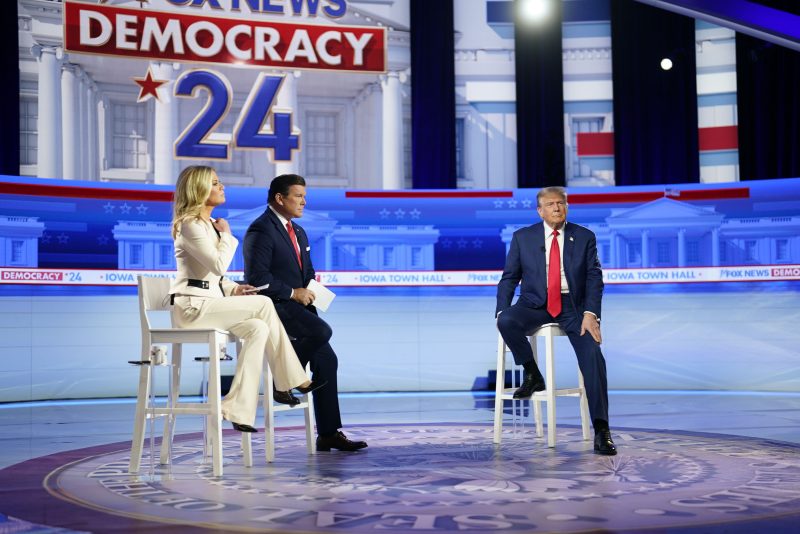In today’s fast-paced digital age, the concept of trust in news sources has become increasingly important. With the rise of social media and online platforms, people have access to an overwhelming amount of information, but not all sources are considered trustworthy. A study conducted by the Pew Research Center revealed that the source of news that Americans trust may not always align with where they actually get their news from.
The Pew Research Center found that Americans have varying levels of trust in different types of news sources. Traditional news organizations such as local TV news stations, national and local newspapers, and cable news networks were generally more trusted compared to online sources and social media. Interestingly, despite the trust placed in traditional news outlets, a significant portion of Americans reported getting their news primarily from online sources and social media platforms.
This disconnect between trust and news consumption habits raises important questions about the credibility and reliability of the information people are exposed to. While traditional news sources are often held to higher journalistic standards and accountability, online platforms present a diverse range of information, varying in accuracy and bias.
One possible explanation for this discrepancy could be the ease of access and convenience that online platforms offer. With the proliferation of smartphones and the internet, people can easily browse through numerous sources and share information with a click of a button. However, this accessibility comes with inherent risks, as misinformation and fake news can easily spread and influence public opinion.
Furthermore, the prevalence of algorithms and personalization on social media creates echo chambers, where individuals are more likely to be exposed to content that aligns with their existing beliefs and opinions. This phenomenon can reinforce biases and limit exposure to diverse viewpoints, potentially contributing to the erosion of trust in news sources.
To address these challenges, it is essential for individuals to critically evaluate the credibility of the news sources they consume. Fact-checking, verifying information from multiple sources, and being mindful of bias are crucial practices in navigating the modern media landscape. Additionally, media literacy education plays a vital role in empowering individuals to discern between reliable and unreliable sources of information.
In conclusion, the relationship between trust in news sources and the sources people actually rely on for information is complex and multifaceted. As technology continues to evolve and shape the way we access news, it is imperative for individuals to be proactive in discerning credible sources and upholding the integrity of information dissemination. By fostering a culture of critical thinking and media literacy, we can navigate the digital age with vigilance and responsibility.

